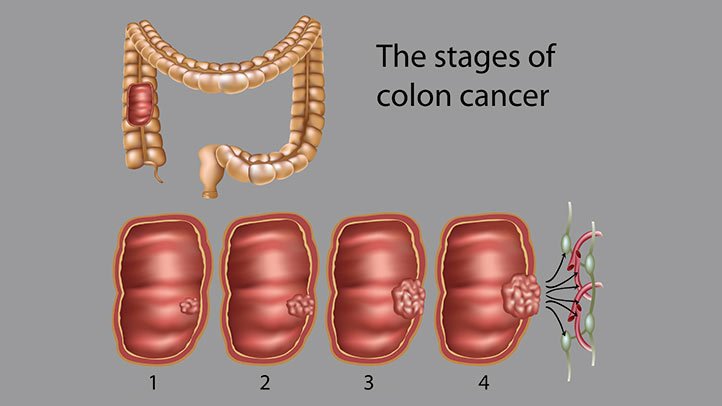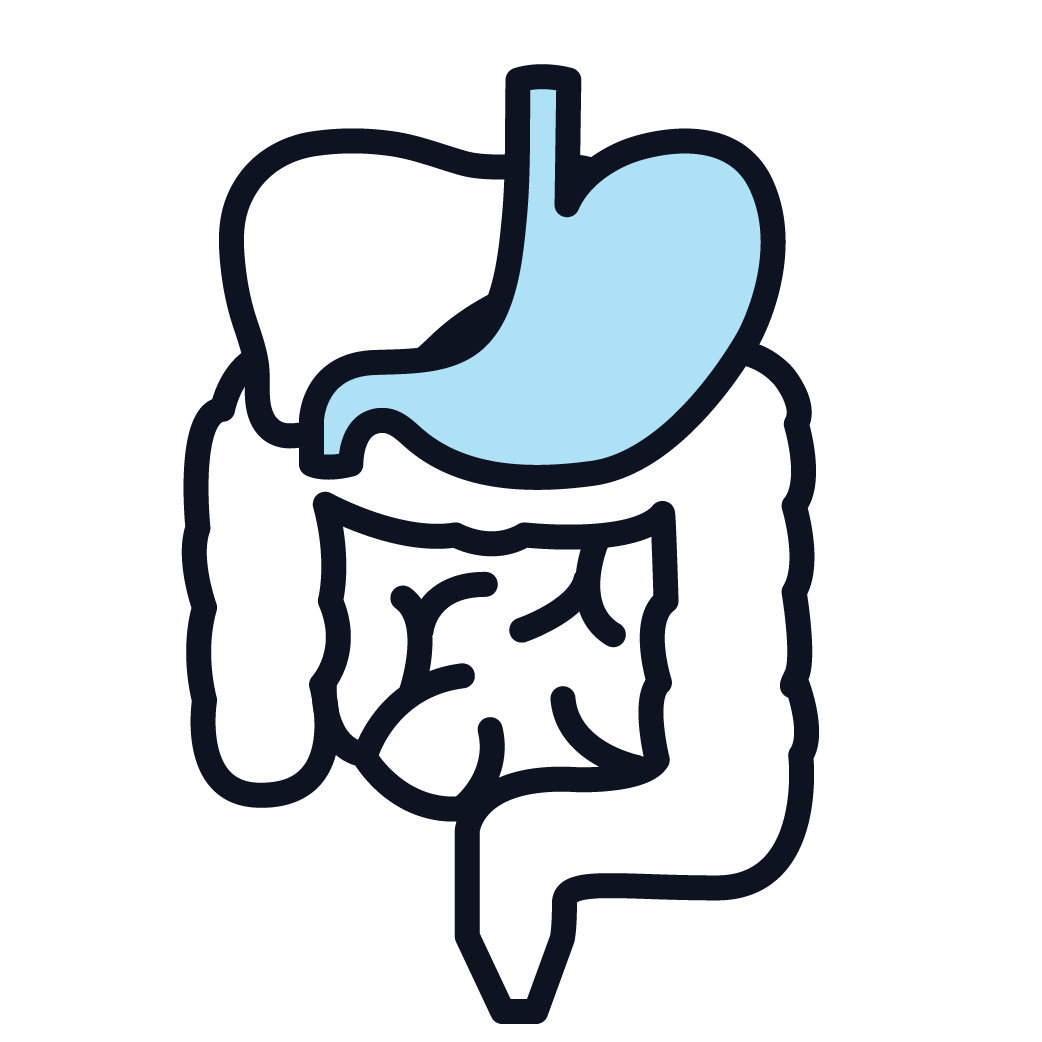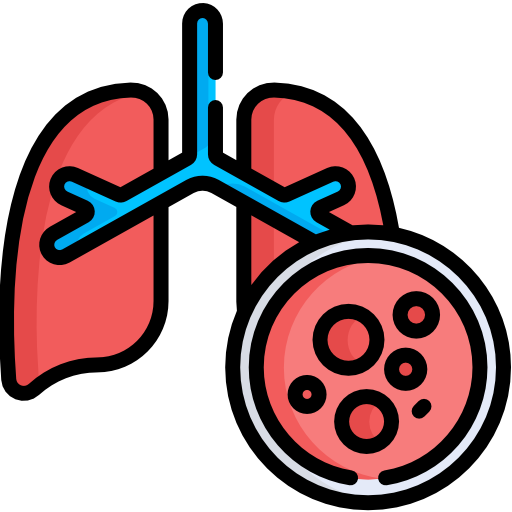Colon Cancer is a type of cancer that begins in the large intestine (colon). The colon is the final part of the digestive tract.
Colon Cancer typically affects older adults, though it can happen at any age. It usually begins as small, noncancerous (benign) clumps of cells called polyps that form on the inside of the colon. Over time some of these polyps can become Colon Cancers.
If Colon Cancer develops, many treatments are available to help control it, including surgery, radiation therapy and drug treatments, such as chemotherapy, targeted therapy and immunotherapy.
Signs and Symptoms of Colon Cancer include :
- A persistent change in your bowel habits, including diarrhea or constipation or a change in the consistency of your stool
- Rectal bleeding or blood in your stool
- Weakness or Fatigue
- Unexplained Weight Loss
- Vomiting
- Persistent abdominal discomfort, such as cramps, gas or pain
Standard Surgery Treatment for Colon Cancer :
- Local Excision.
- Resection.
- Resection and Colostomy.
- Radiation to Treat Colon Cancer
- Chemotherapy Treatment for Colon Cancer
Factors that may increase your risk of Colon Cancer include :
- Low-fiber, High-fat diet.
- A Sedentary Lifestyle.
- Smoking.
- Radiation Therapy for Cancer.
- Alcohol.
- Diabetes.
- Family History of Colon Cancer
- Older Age
Surgery for Advanced Cancer :
- Chemotherapy
- Radiation Therapy
- Targeted drug Therapy
- Immunotherapy
- Supportive (palliative) Care




